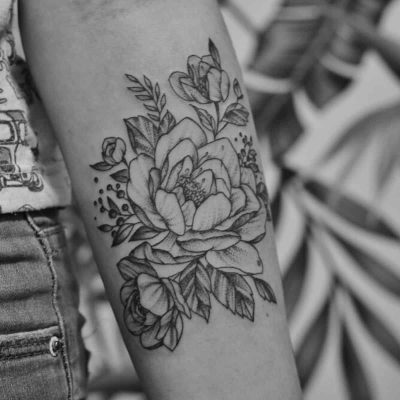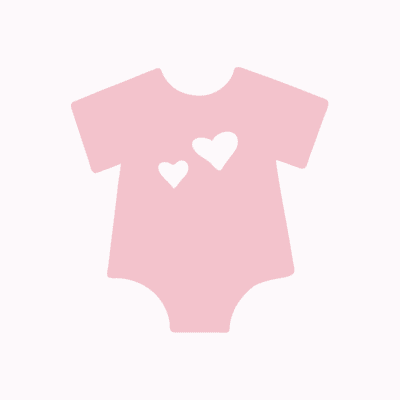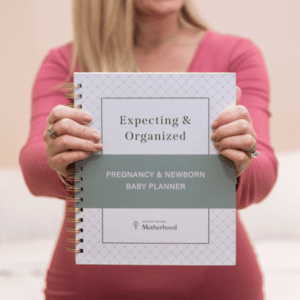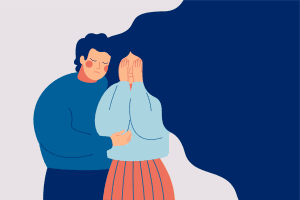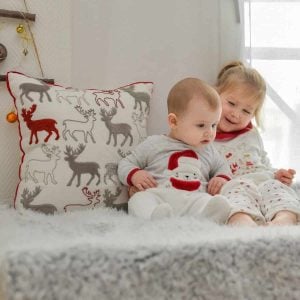That’s why I created Undefining Motherhood, a community that welcomes all mothers – with all their ups, downs, heartbreaks, and joys – to join a conversation that goes beyond the traditional definition of motherhood.
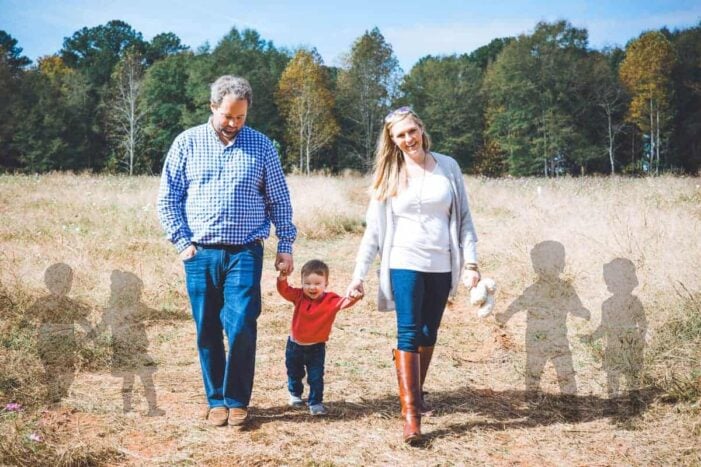
Recent press
-
Wondermind
Calling All New Parents, You're Allowed to Really Hate This Sometimes
Read More
about Calling All New Parents, You're Allowed to Really Hate This Sometimes
-
Fertility Smarts
7 Ways to Help Overcome Grief after Pregnancy Loss
Read More
about 7 Ways to Help Overcome Grief after Pregnancy Loss
-
Pregnantish
3 Ways To Cope When You And Your Partner Grieve Your Pregnancy Loss Differently
Read More
about 3 Ways To Cope When You And Your Partner Grieve Your Pregnancy Loss Differently
As Seen In
Join our curious, caring, and open-minded community of 1 million.
Interested in exploring living or mothering in your own way? So are we! Sign up for our newsletter below to become part of our thriving community.
-

Five Toddler Sleep Tips to Try (From a Pediatric Sleep Consultant!)
As a pediatric sleep consultant, many people assume my job just involves getting babies to sleep. While I do help babies sleep, I have just as many clients who need TODDLER sleep tips! Let me tell you…toddlers are a totally different ball game when it comes to sleep! They have their own opinions, agendas, and […]
-

Miscarriage Tattoos that are Meaningful for Mom
The pain of a miscarriage stays with you. From the moment I found out I was pregnant for the first time, I happily believed that, for 9 months, my little one would always be with me. When I lost that little life I’d imagined, I felt so alone. It’s no wonder, then, that miscarriage tattoos, […]
-

9 Super Cute Baby Onesie Ideas
If you’re like me, one of the most fun parts of having a baby is dressing them in adorable outfits! But when it comes down to it, just popping them in a comfy and easy onesie wins. That’s why we’re bringing you all these adorable baby onesie ideas so you don’t have to search for […]
Featured Articles
-

The Best Pregnancy Planner Checklist: The Stress-Free Way to Prepare for Baby!
What is a Pregnancy Planner? A pregnancy planner is a book that helps you stay organized as you prepare for baby. It has checklists, helpful information, pro tips from experienced moms–everything you didn’t know you needed to know to prepare for baby, all in one easy-to-use place! A pregnancy planner can be an amazing tool […]
-

Top Push Gift Ideas for a New Mom from Husband
Gifting a push present that has meaning and purpose adds an extra layer of joy to an exciting (and a little bit scary if we’re being honest!) transition. We’ve scoured the internet; surveyed the moms in our community; and tested products to find the best, highest quality options to give the new mama in your […]
-

Postpartum Loungewear and Pajamas for New Mamas
Postpartum recovery can be really uncomfortable. Your body will be SORE. One way to remain as comfortable as possible is with postpartum pajamas. Learn about our favorites!
-

The 7 BEST Postpartum Diapers
When you’re trying to figure out what to wear after giving birth in a hospital, or you’re trying to pack your hospital bag for mom, postpartum diapers are probably the last thing on your mind. After all, who wants to celebrate the birth of their child while rocking an adult diaper? No matter how unstylish […]
-

14 Baby Loss Gifts to Support Grieving Parents
I remember sitting in a dark Broadway theatre, excited to see Hamilton for the first time. The music was upbeat, the actors were phenomenal, and I was enthralled. And then it happened. The words started pouring out much like the tears streaming down my cheeks, and I found myself unable to breathe, heaving sobs, fully […]
-

14 Best Pajamas for Babies & Toddlers
I’m gonna be real here: one of my favorite things in the whole world is a freshly bathed baby slathered in calming lavender baby lotion and stuffed into a pair of freshly laundered PJs. Cue the Sound of Music, “These are a few of my favorite things” lyrics. Is there anything better? Nope, which is […]










